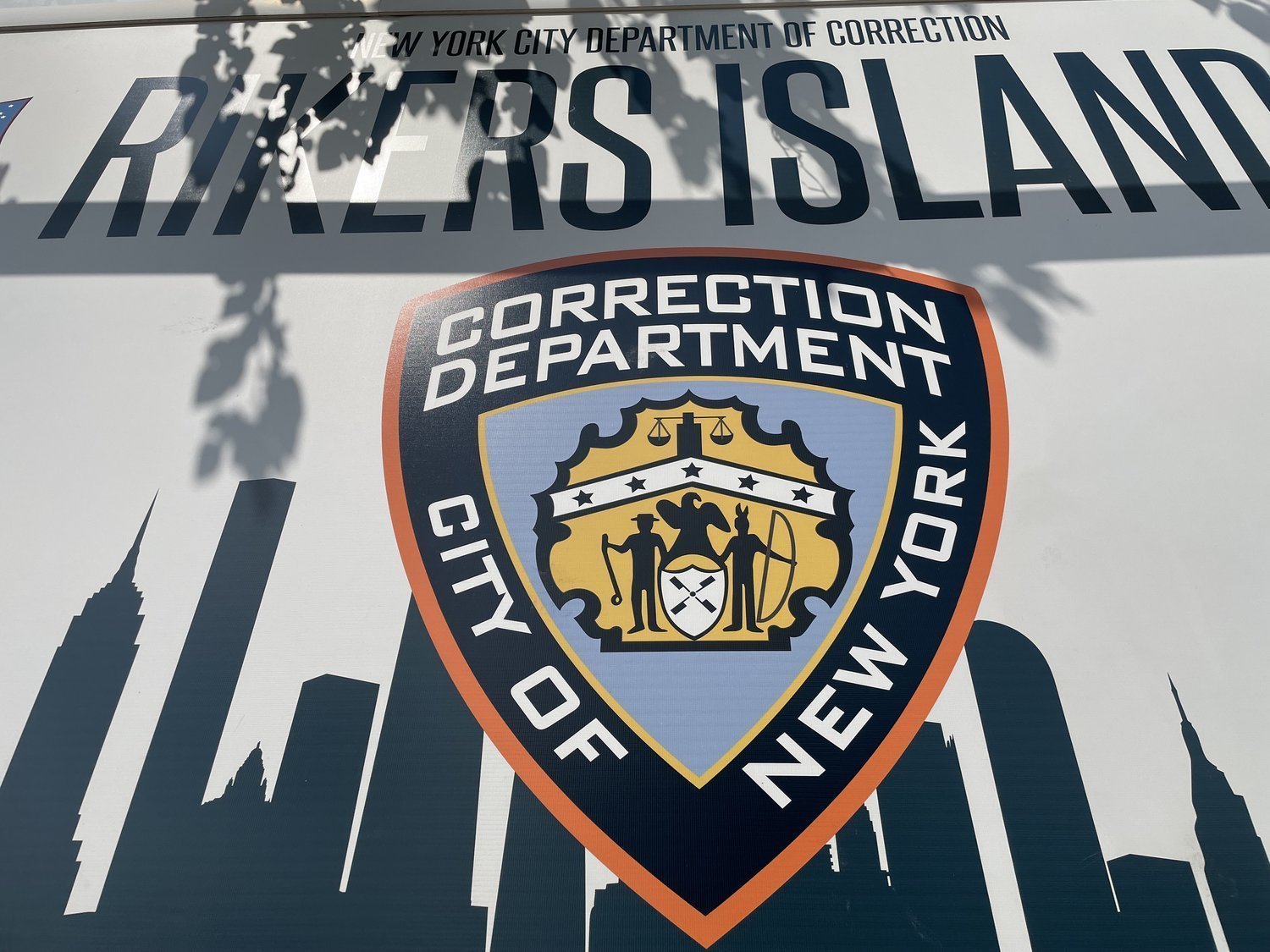Federal monitor calls for ‘significant revisions’ to solitary ban
/Federal Monitor Steve J. Martin raised safety concerns about a bill to ban solitary confinement at Rikers Island. Eagle file photo by Jacob Kaye
By Jacob Kaye
The federal monitor charged with keeping track of violent conditions on Rikers Island said that he and his team disapprove of the City Council’s ban on solitary confinement, which the legislative body passed with a veto-proof majority at the tail end of last year’s legislative session.
The rejection of the proposal from Steve J. Martin, the federal monitor, will likely prove to be fodder for Mayor Eric Adams’ veto of the bill, which the mayor has never supported and has publicly ridiculed in recent weeks.
Though Martin said that the goal of the legislation was “well-intentioned,” he also said that he believed there were serious flaws with the bill that could lead to increased levels of violence in the jail complex where over two dozen people have died in the past two years.
Martin, who serves as the monitor in the ongoing civil rights case known as Nunez v. the City of New York, detailed his analysis of the bill in a letter to Chief Judge Laura Swain, who is currently considering whether or not to strip the city of its control over Rikers Island and hand it over to a court-appointed authority.
His assessment of the bill comes after new Department of Correction Commissioner Lynelle Maginley-Liddie wrote to the City Council to express her “deep-seated concerns” with the bill.
Suggesting the City Council make “significant revisions” to the ban on solitary confinement, Martin said that “that the various operational requirements and constraints that accompany the elimination of solitary confinement in Council Bill 549-A will likely exacerbate the already dangerous conditions in the jails, intensify the risk of harm to both persons in custody and department staff, and would seriously impede the city’s and department’s ability to achieve compliance with the requirements of the Nunez Court Orders.”
The bill to ban solitary confinement, which was introduced by Public Advocate Jumaane Williams, would prevent incarcerated individuals from being held in an isolated cell for more than two hours per day within a 24-hour period and for more than eight hours at night directly after an alleged offense occurred – the confinement would be referred to as a “de-escalation” period. Should corrections officials determine that further confinement is required to de-escalate a situation, an incarcerated person could be held for up to four hours total in a 24-hour period.
The bill would also require that staff meet with the incarcerated person at least once an hour to attempt to de-escalate the situation.
The legislation, which Adams has threatened to veto, also would put limits on the use of restraints in certain situations – last year, eight detainees were slashed in a two week period while being restrained to desks.
In his letter to the judge, Martin said that the bill went against a number of sound correctional practices he and his team are experts in.
Martin claimed that the bill does not “provide the city or department the necessary discretion to safely respond to the immediate aftermath of a serious act of violence, create undue restrictions on management following serious acts of violence as well as on the use of restraints and escorted movement.”
“Further, many of these requirements are not consistent with sound correctional practice or support the overall goal of protection from harm,” he added.
Speaking with reporters on Tuesday following the filing of the monitor’s letter, Adams, who has regularly questioned the authority of the monitor, said that he was considering rejecting the Council’s bill.
“That’s all that’s on the floor, but we’re hoping that they will reconsider this bill,” the mayor said. “We cannot jeopardize the lives of those who are serving time and civilians and other uniformed personnel.”
While the monitor raised a number of issues with the bill, he also continued to question the DOC and Adams administration’s ability to manage Rikers.
Among his critiques of the bill was his belief that the DOC would be able to implement it safety, even if it was written in a way the monitor approved of.
“The department remains unable to consistently implement and sustain basic security practices or to manage the jails safely and effectively,” Martin said. “Requiring the department to implement the provisions of Council Bill 549-A… particularly given the bill’s deficiencies, will only exacerbate the current dysfunction, will impede the goals of promoting the use of sound correctional practices and enhancing jail safety, and impact the department’s ability to comply with the Nunez Court Orders.”
In a statement on Tuesday, Williams defended the language of the bill.
“We are eager to review the federal monitor's input – input we requested before passage of the bill,” the public advocate said.
"The administration, which routinely undermines and ignores the federal monitor, cannot credibly use the monitor's condemnation of its long-standing failures and deceptions around running Rikers Island in order to condemn an effort to actually fix it,” he added. “It is not our job to create laws that conform to failing systems, it is our job to create laws to change them, and if you want something different to happen, you have to do something different. The administration can no longer stand by a status quo that is indefensible and a practice that is unacceptable.”




